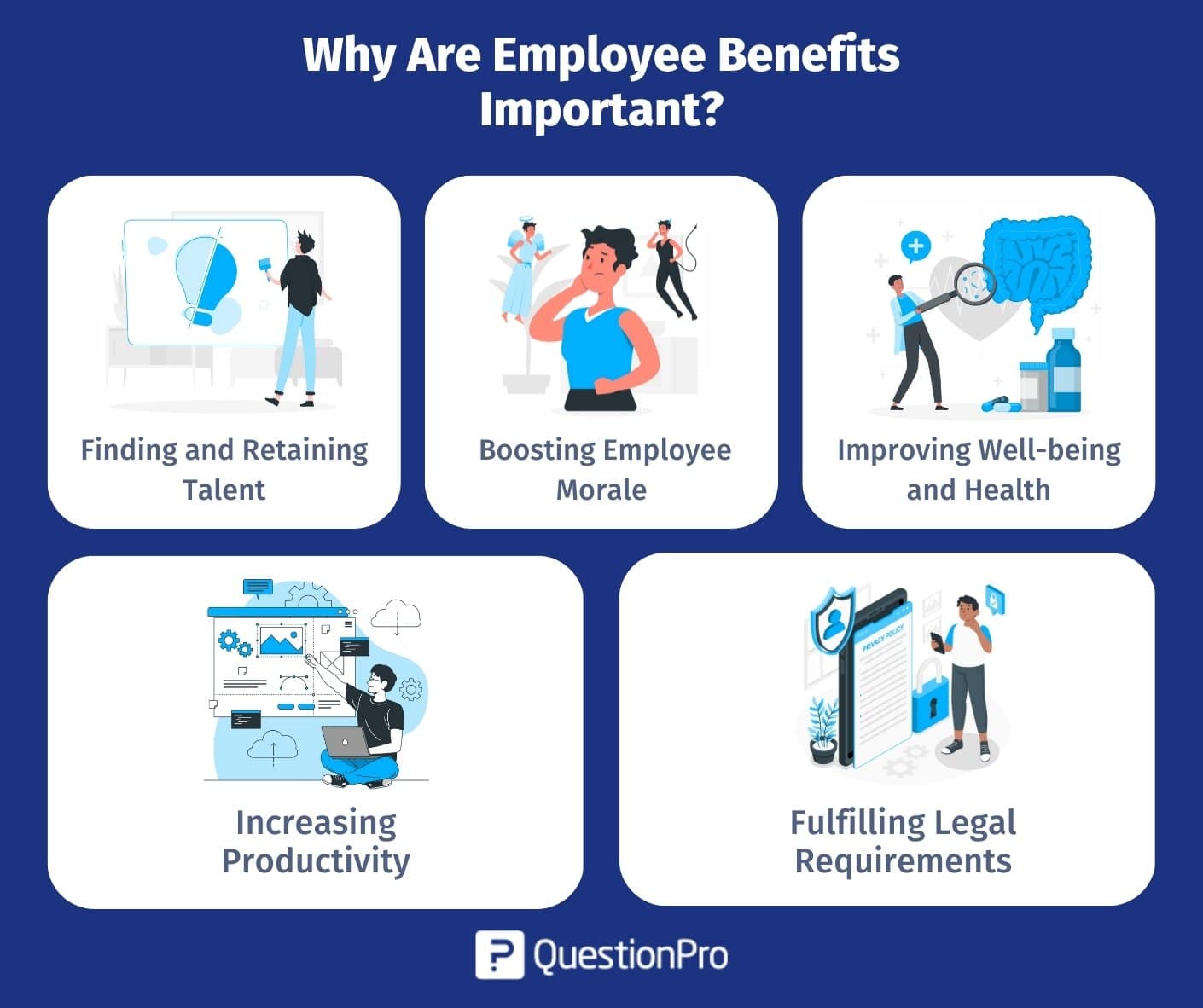Employee legal benefits are essential components of a comprehensive benefits package designed to safeguard the rights and interests of workers within a company. These benefits typically include services related to legal assistance, advice, and protection that help employees navigate workplace issues, legal disputes, and personal matters. While these benefits provide valuable support to employees, it’s important to also understand their potential drawbacks. Below, we’ll dive into the advantages and disadvantages of employee legal benefits.
Advantages of Employee Legal Benefits
Access to Legal Expertise One of the primary advantages of employee legal benefits is the ability to access expert legal advice. Employees often don’t have the resources or knowledge to navigate legal matters on their own. With legal benefits, they gain access to attorneys and legal consultants who can offer professional guidance on a wide range of issues, from workplace discrimination to personal legal problems.
Protection from Legal Issues Legal benefits can help prevent and resolve potential legal conflicts, such as wrongful termination claims, harassment cases, or disputes over wages. Legal coverage provides employees with a layer of protection, making it easier to resolve problems that might otherwise escalate into lengthy and costly legal battles.
Cost Savings Legal fees can be extremely expensive, especially for individuals who don’t have legal representation. Employee legal benefits often cover the costs of legal consultations and representation, helping employees save significant amounts of money. In some cases, the coverage extends to family members, providing even greater value.
Support for Personal and Family Legal Matters Some employee legal benefit packages also cover personal and family-related legal matters, such as divorce, estate planning, or housing disputes. These additional benefits help employees manage their personal lives with confidence, knowing they have legal resources to turn to when needed.
Workplace Compliance and Fairness For employers, offering legal benefits to employees can help ensure workplace compliance with labor laws and regulations. This reduces the risk of legal actions being taken against the company, such as lawsuits for workplace violations. Employees, in turn, benefit from fair treatment and protection from exploitation.
Disadvantages of Employee Legal Benefits
Limited Coverage While employee legal benefits provide valuable services, the scope of coverage may be limited. In some cases, the legal matters employees can seek help with may be restricted, such as only covering certain types of legal issues like employment disputes and not personal or family matters. It’s crucial for employees to carefully review the specifics of their legal benefits to understand what’s included and what’s excluded.
Potential for Overuse Having access to legal assistance might lead some employees to overuse the service for trivial matters, which can put a strain on the company’s resources. Excessive use of legal services can also lead to potential abuse of the system, resulting in higher costs for employers and reduced value for other employees.
Limited Network of Attorneys Some legal benefits packages may only provide access to a pre-selected network of attorneys. This can limit employees’ choices when it comes to selecting legal representation. If the available attorneys are not specialized in a particular area of law, employees may not receive the best possible advice or representation for their specific issue.
Increased Costs for Employers Offering legal benefits is an additional expense for employers. Depending on the size of the company and the scope of the benefits package, this cost can be significant. For small businesses, the expense of providing legal services may outweigh the benefits, making it a less attractive option.
Privacy Concerns In some cases, the legal benefits might require employees to share sensitive personal information with the company or a third-party provider. While confidentiality is typically promised, employees may still have concerns about how their data is handled and whether it could be used against them in the future.
Conclusion
Employee legal benefits are an important tool in protecting workers’ rights and providing peace of mind when it comes to legal matters. The advantages, such as cost savings, access to legal expertise, and workplace protection, make these benefits valuable for both employees and employers. However, they come with some potential disadvantages, such as limited coverage, the possibility of overuse, and concerns about privacy and cost. To make the most of employee legal benefits, both employees and employers should carefully assess their needs and options, ensuring the benefits provided align with their goals and priorities.

